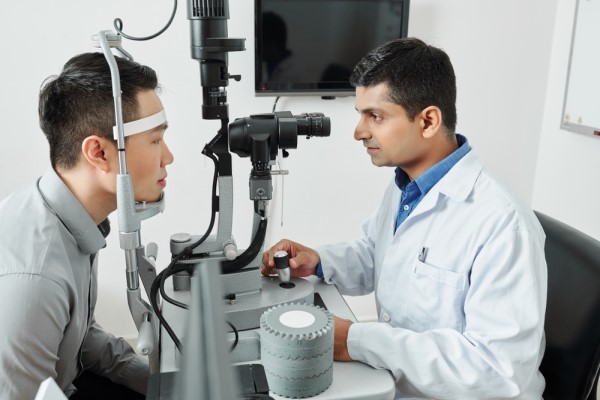Optometrists play a vital role in vision research. They are the gatekeepers to our understanding of the eye, providing key insights into complex conditions. These eye professionals lead the charge in studying various issues, like dry eyes Pasadena, a condition causing discomfort for many. Through their diligent work, optometrists help us see the world in a clearer light. This blog will delve into the significant contributions they make every day.
What Does an Optometrist Do?
The work of an optometrist goes beyond prescribing glasses or contact lenses. They are healthcare professionals trained to detect and diagnose eye diseases. They play a vital role in vision research, contributing to our understanding of conditions like glaucoma and macular degeneration.
The Bridge between Patients and Research

Optometrists are often on the front lines, spotting issues that may not be evident to the patient. They serve as a bridge between patients and vision research. Their daily encounters with patients provide valuable data for researchers. This direct access to patient experiences helps shape the course of vision research.
The Contributions of Optometrists to Vision Research
Optometrists have made numerous significant contributions to vision research. Let’s take a look at some of their major contributions:
- Presbyopia: Optometrists have been instrumental in understanding this age-related condition that affects reading and near vision.
- Myopia: Research led by optometrists has given us a deeper understanding of myopia or nearsightedness – a condition that affects millions worldwide.
- Glaucoma: Through patient observations and clinical trials, optometrists have contributed to breakthroughs in glaucoma treatment.
These are just a few examples. There are countless other areas where the work of optometrists has been critical for vision research.
Conclusion
Optometrists play an indispensable role in vision research. Their work has led to significant advancements in the detection, understanding, and treatment of eye diseases. Next time you visit an optometrist, remember that you’re not just getting a prescription – you’re contributing to the future of eye health.

